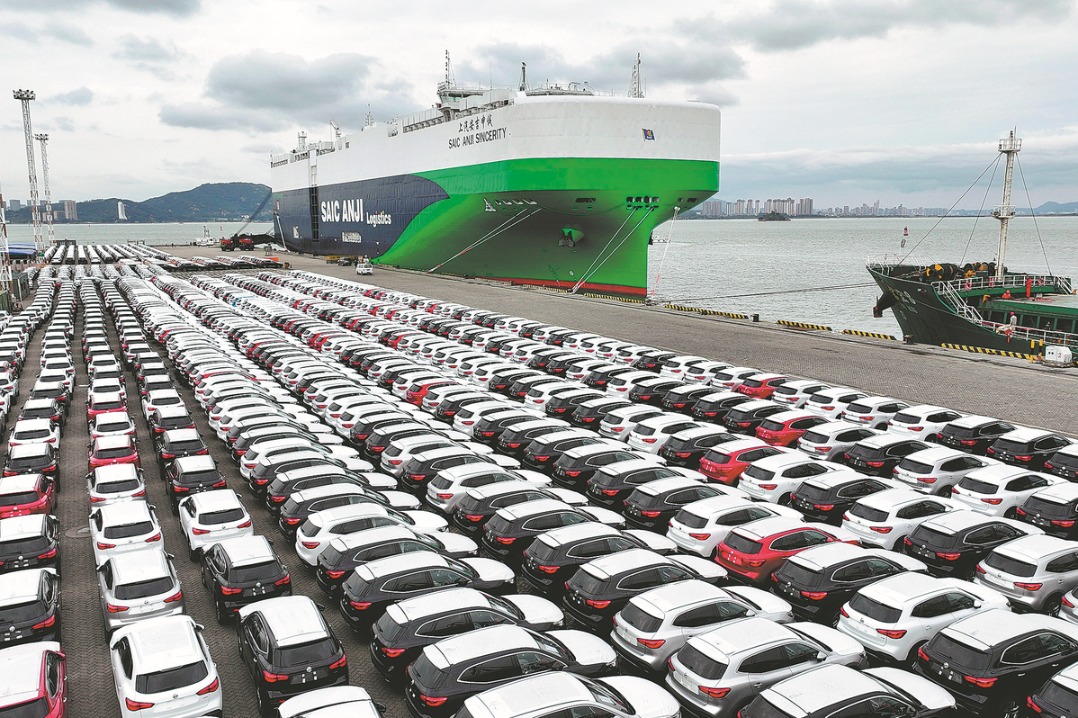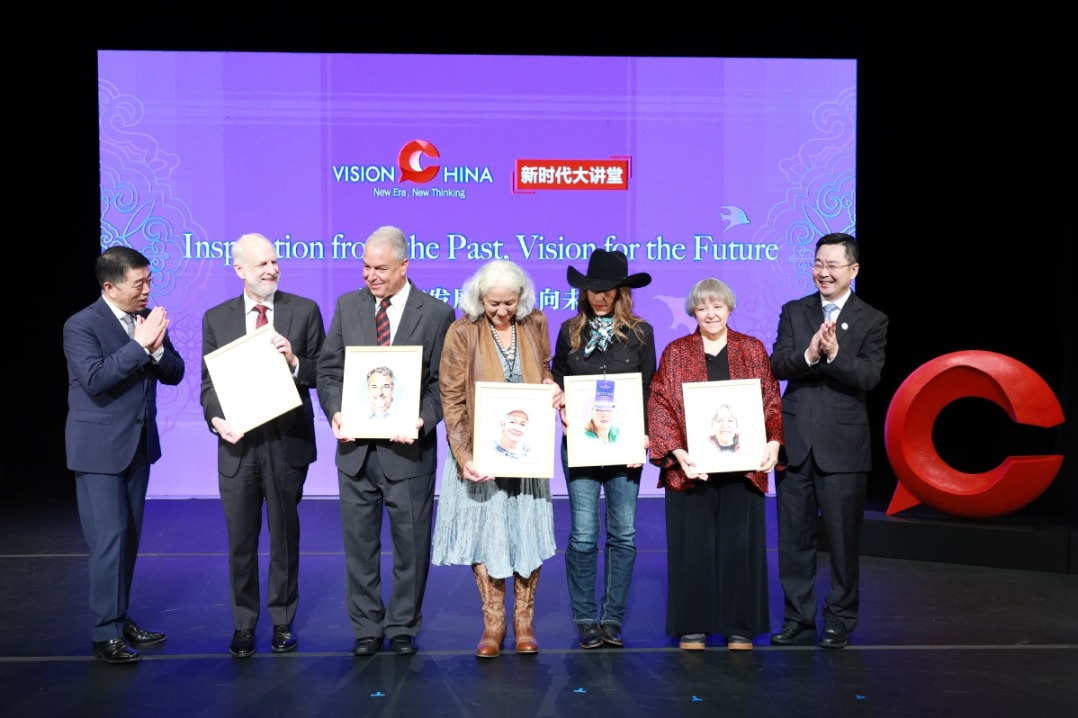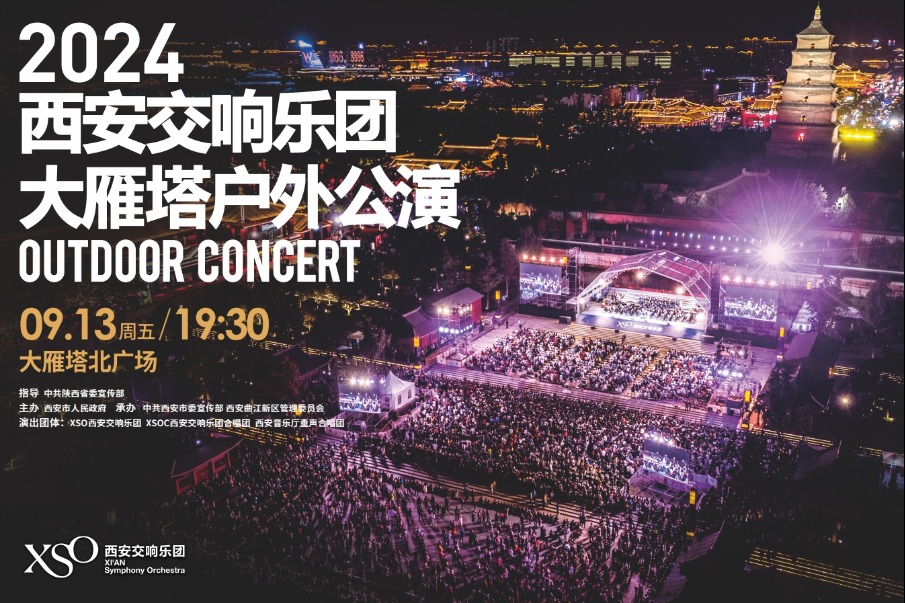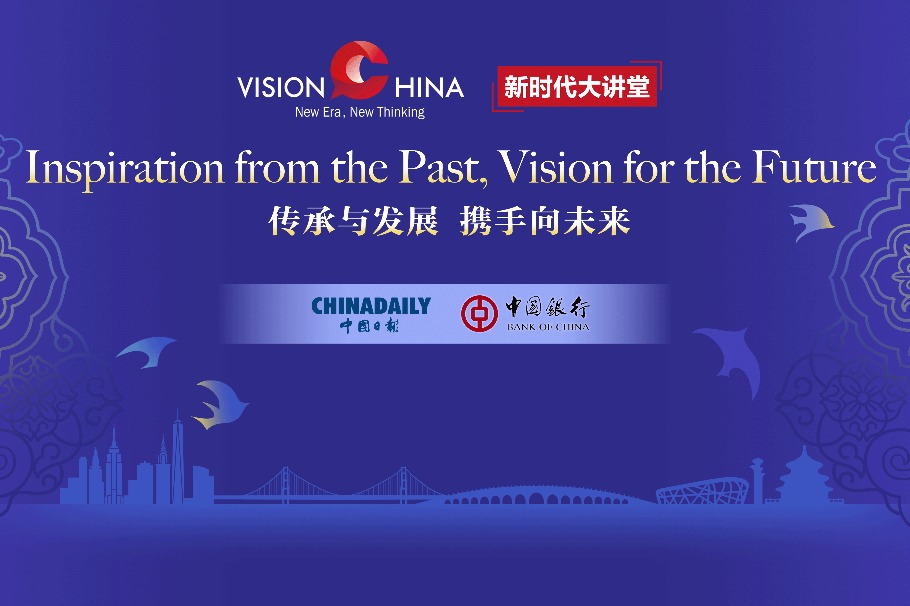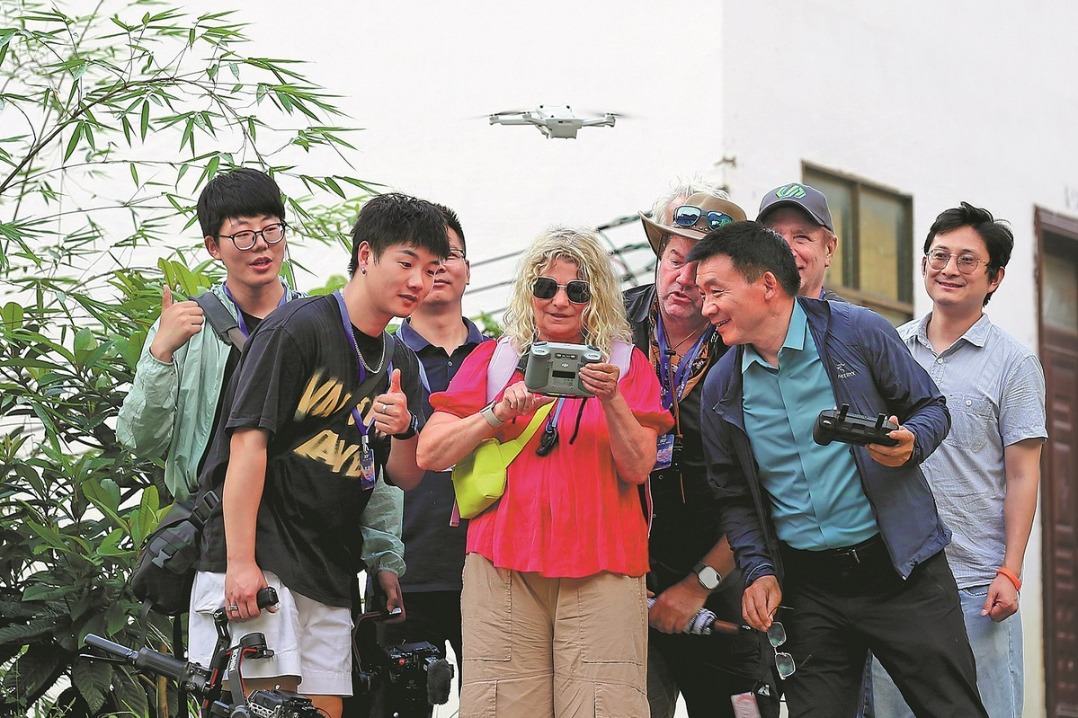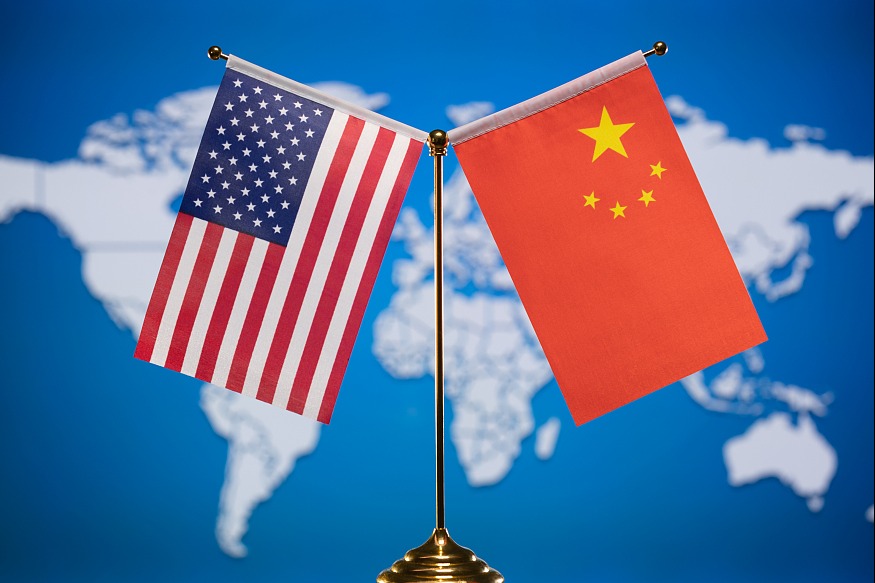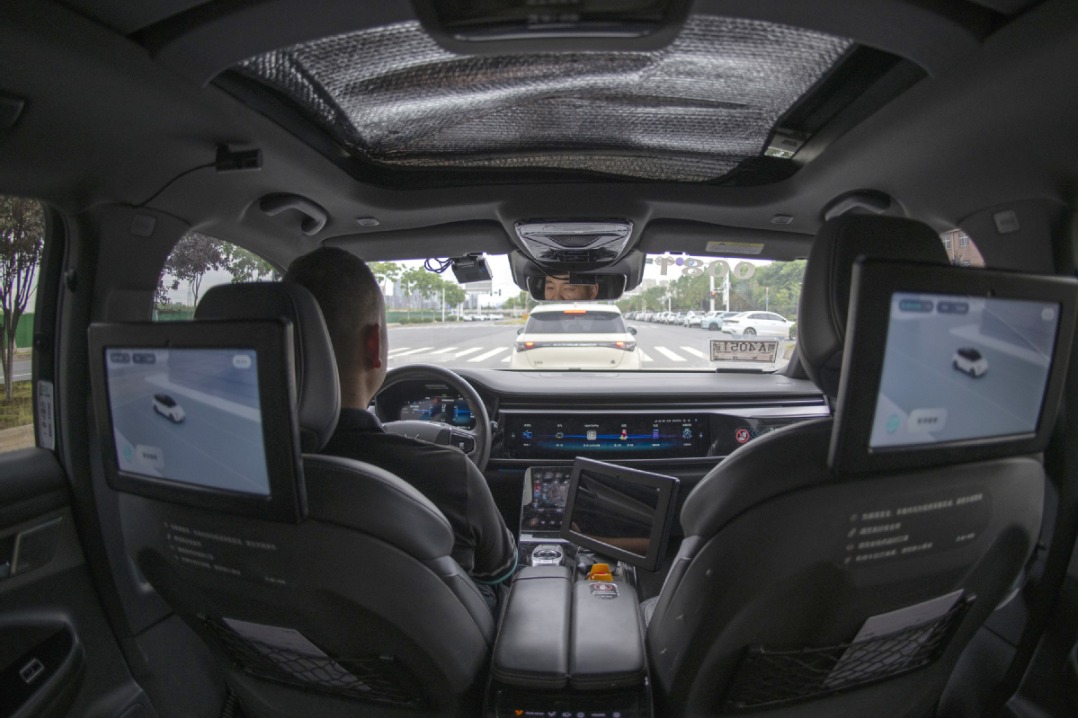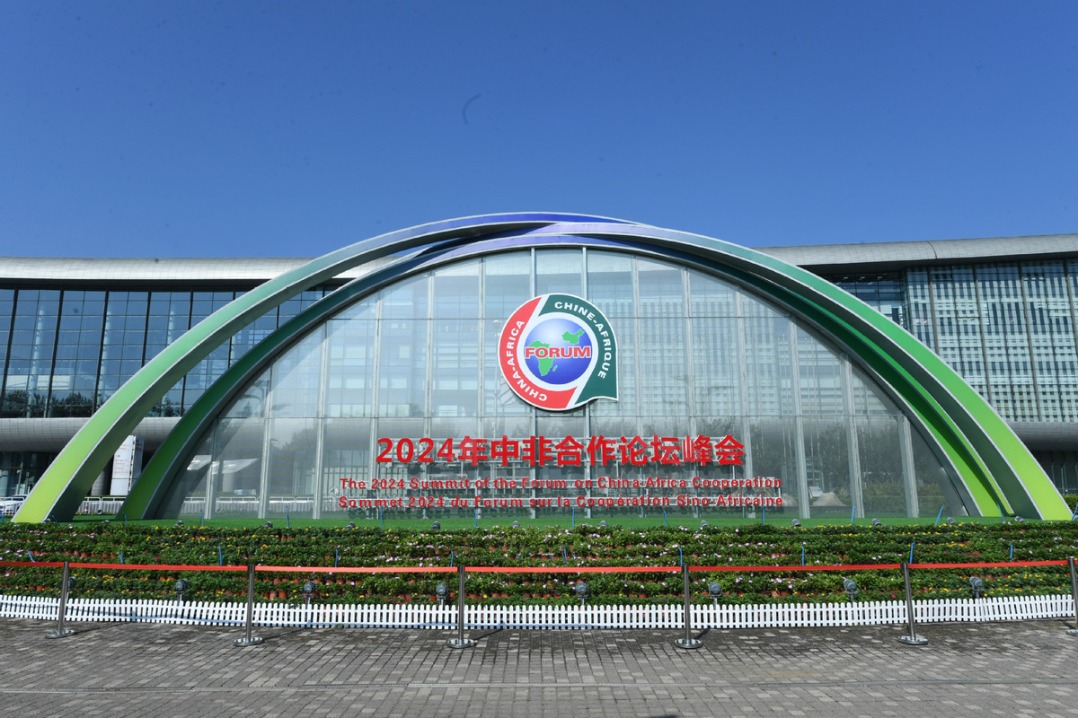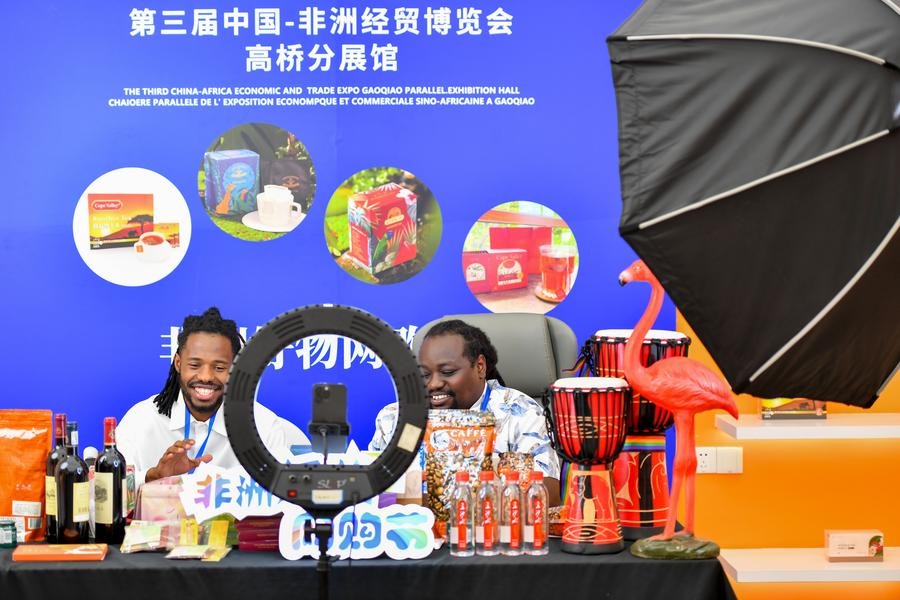Disparaging of Orban's shuttle diplomacy belies NATO's transition in purpose: China Daily editorial


Hungarian Prime Minister Viktor Orban described his Monday visit to Beijing as "Peace Mission 3.0".
Orban and Chinese President Xi Jinping have demonstrated similar positions on a series of issues of global concern, including the ongoing conflict in Ukraine, with both having repeatedly called for a cease-fire and a negotiated end to it.
Unfortunately, when it comes to the Ukraine crisis, the Hungarian leader has been a lone voice in the European Union. While everyone across the EU and North Atlantic Treaty Organization seems to want to see the war end, they have very different visions about how peace should be accomplished and how it will be manifest.
In contrast with the mainstream idea in Brussels of peace after the ultimate goal of permanently debilitating Russia has been attained, Orban has opposed EU sanctions on Russia and resisted financial and military aid to Ukraine as well as negotiations on EU membership for Ukraine.
This is why the Hungarian leader's whirlwind visits have invited strong criticism from the EU and NATO members.
The EU leaders have pointed out that he is not representing the bloc, with EU foreign policy chief Josep Borrell saying in a statement that the Hungarian prime minister is not representing the EU in any form.
The White House naturally has also been critical of his initiative, claiming it "will not advance the cause of peace and is counterproductive to promoting Ukraine's sovereignty, territorial integrity and independence".
Orban's Beijing visit comes after a visit to Kyiv last Tuesday, trying to persuade Ukraine President Volodymyr Zelensky to consider a cease-fire. On Friday, he was in Moscow, talking with Russian President Vladimir Putin about "ways to a negotiated end" to the conflict.
Unfortunately, his endeavors have been met with both Kyiv and Moscow reiterating their previous conditions for a cease-fire. As things stand at the moment, their positions remain "far apart", the Hungarian leader said after visiting the two capitals.
Yet his efforts come just before the NATO summit in Washington that Orban will be attending, his country being a member of that organization. Any message he might be able to deliver of a willingness to ease those entrenched positions in the interest of peace will get straight to the source of the current hostilities in Europe — NATO having allowed itself to be hijacked by the United States' aggressive national security strategy to overpower perceived challenges to what it regards as its god-given right to do as it likes.
A signed article by Orban, published on the website of the US magazine Newsweek the day he visited Moscow, made clear his view on this, and why he is out of step with other European leaders. In it he said the alliance had forsaken its founding values, stating bluntly: "The agenda is no longer peace, it is war."
It is natural that Orban should visit China as part of his diplomatic efforts. President Xi paid a state visit to Hungary in May and China is one of the few countries that is still able to talk to both of the antagonists in the conflict. It is also one of the very few that is consistent in its neutrality and its own efforts to mediate a cease-fire.
In his meeting with Orban on Monday, President Xi again stressed that it is in the best interest of all parties to end the conflict as soon as possible and seek a political solution. Xi also repeated his call for the international community to create the conditions for the resumption of direct dialogue and negotiation between the two sides. Only when all major countries exert positive energy instead of negative energy will a cease-fire be attained, Xi said. That is something the NATO leaders should reflect on when they meet in Washington.
















